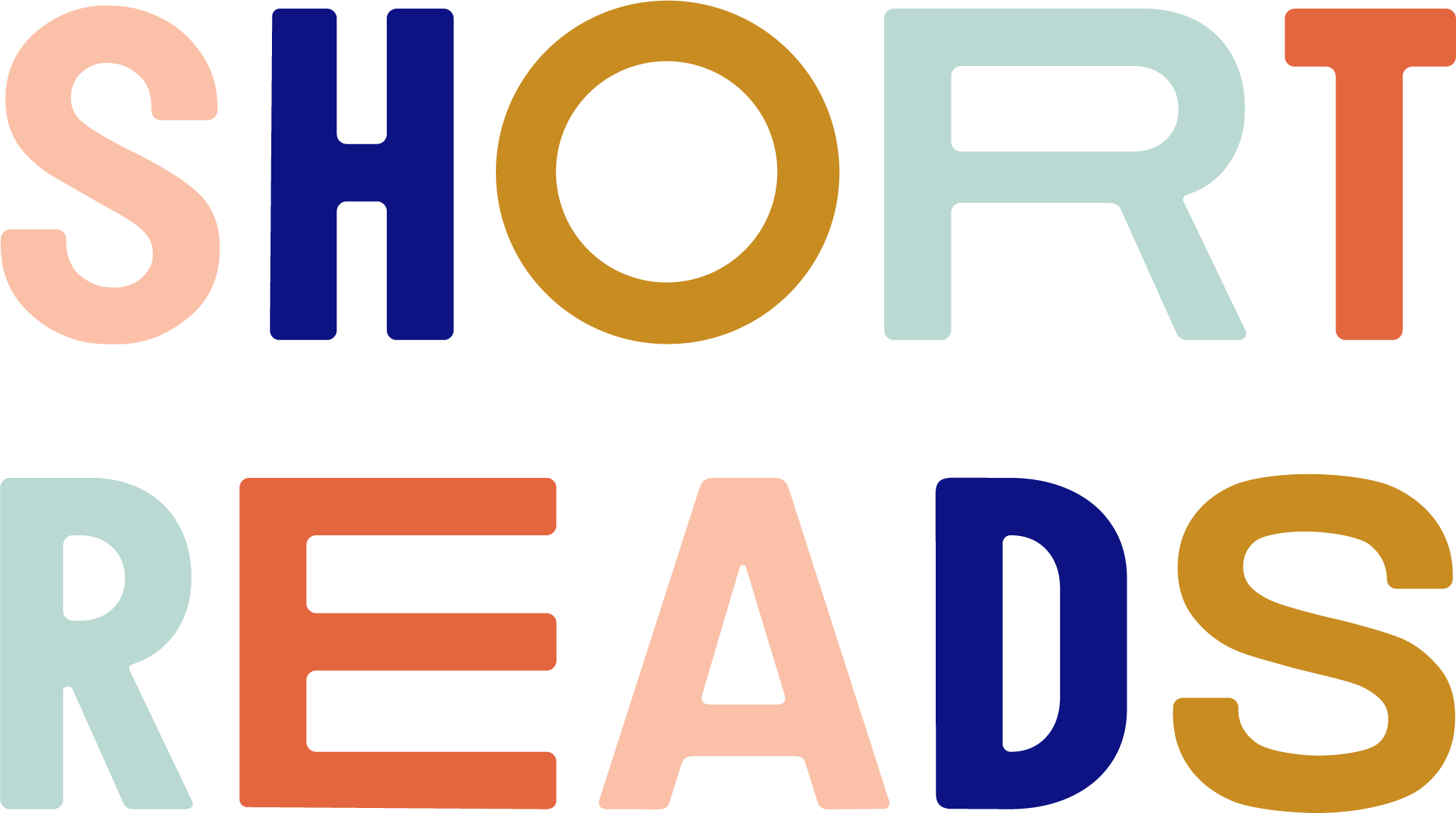Strawberry Tongue
by Danielle Harms | Love in the time of strep throat.

I.
Strawberry tongue, speckled throat, heat in the head.
Oh yes, that’s strep, says the doctor on the screen. The color of that mouth, a dead giveaway.
My child is not listening to his own diagnosis. He could care less that his tongue is blazing red and rough like gravel. At four years old, he’s too young to play Super Mario Odyssey on the Nintendo, but he’s attempting it anyway, walking in circles on the moon and wishing I would join him. His dad comes over; he knows how to make Mario enter the world from the top of the tower.
Do you see that? My child calls to me. You will figure out how to do that soon.
He is learning the pull of gravity. I know my limits.
II.
I had suspected strep—nine days of sweaty sheets, angry sleep, bowl by the bed—but I thought his body would take care of itself.
Thank you. Thank you. Thank you, I say to the doctor on the screen, her hand hovering over the button that will end the call.
I don’t say goodbye. I want her to stay, to tell me what to expect next. These meds were so easy to get. What else could I ask? Mario is orbiting a new planet. The doctor is confirming our pharmacy is in Target on Chase Avenue.
I really think you’re going to get better at Mario soon, my child says to me. And do you know why?
He tap, tap, taps my forehead.
Because you’ve got a good brain in there.
The appointment ends. After the screen dims, I realize I gave the dog’s weight instead of my child’s.
III.
I feel my own forehead with the back of my palm, like my mother did to me. If she pressed her cheek to my forehead, I knew I was running warm. I wish she were here now, but she is across the country in Idaho, caring for her own mother, who is celebrating her 89th birthday today. And dying.
In Idaho, my mom washes her mom’s skin with a salt scrub, blends her pork chops into a liquid she can swallow, plays her psalms until she forgets she asked for holy music.
Turn the volume down, my grandma asks from the hospital bed that was delivered a week ago. It only fits in the dining room, by the glass door. Letting her rest is the hardest part. Her daughters arrive, want her lucid. They are ravenous for her words.
I’m still here, everyone wants to hear her say.
IV.
I craved amoxicillin as a child. The doctor gave a choice: strawberry or bubble gum? Strawberry always. Give me the bottle sip by sip. Give me the hiccups.
The moon is like a giant space rock, my child says. Mario’s rocket has landed safely, but he needs a “multi moon,” a heart, another life. I can’t keep the details straight. My child tells me this is it. If they lose again, they must start over.
My child is afraid of what comes next, so he tells his dad to let him know when the hard part is done. Nudging into my side at the kitchen table, he asks to call my mother. He wants his grandmother to come home to Wisconsin and feel his forehead. He reenacts the way she taps his skull when he ignores a question, like she’s knocking on a door.
Anything in there? Yoo-hoo? Anybody home? he asks me now in her voice.
V.
In my family, we call my grandma Gog and my grandpa Bomp. They’re terms we’ve inherited—they are third-generation Gogs and Bomps. For years, my oldest friend misheard the name. She thought I was saying God. A mother of six children is a god to many, making one world in a split-level house in Boise. My Bomp has spread corn outside the glass doors so my Gog can watch the quails come down the foothill.
Her doctor calls only to answer questions about comfort, palliative care, the tackle box of morphine drops. She is dreaming about building baby cribs in the church basement with my grandpa. Her vision is blurring. The quails are eating seeds at her feet.
VI.
Here I am, I tell my child when he comes looking for me behind a closed door. I am hiding in the bathroom, taking my own temperature. Of course, it is high. With all we share, it shouldn’t be a surprise I have strep, too. My child opens the door, banging my knees.
You alright? he asks. He shines a flashlight down my throat. We make faces in the mirror. In the reflection, I can see all the signs—our blazing tongues, throats rough and spotted. My phone buzzes with a message from my mother. She is exhausted but will call later. Instead, she sends a video she thinks my child will like. It shows all the quail descending the dry grass my grandma can no longer see in Idaho. My child takes the flashlight again, says, Open wide, say ah.
I stare down his throat and can see the speckles. Everything reminds me of the quails, of the texture of an eggshell. My fever is rising. When I swallow, it hurts. I need to call my own doctor, but I make faces with my child in the mirror, diagnosing myself: strawberry tongue, speckled throat, heat in the head.
We stay in the house, all of us, ill together.
Danielle Harms writes from Milwaukee, where she is a dissertator at the University of Wisconsin–Milwaukee and the nonfiction editor of Cream City Review. She has published in Conjunctions, Mid-American Review, and American Literary Review. She won a 2021 AWP Intro Journals prize in fiction and is a 2023 staff scholar in the Bread Loaf Environmental Writers’ Conference. Follow @danielleharms.
This essay is a Short Reads original.
Support our efforts: ☕ buy us a coffee.






